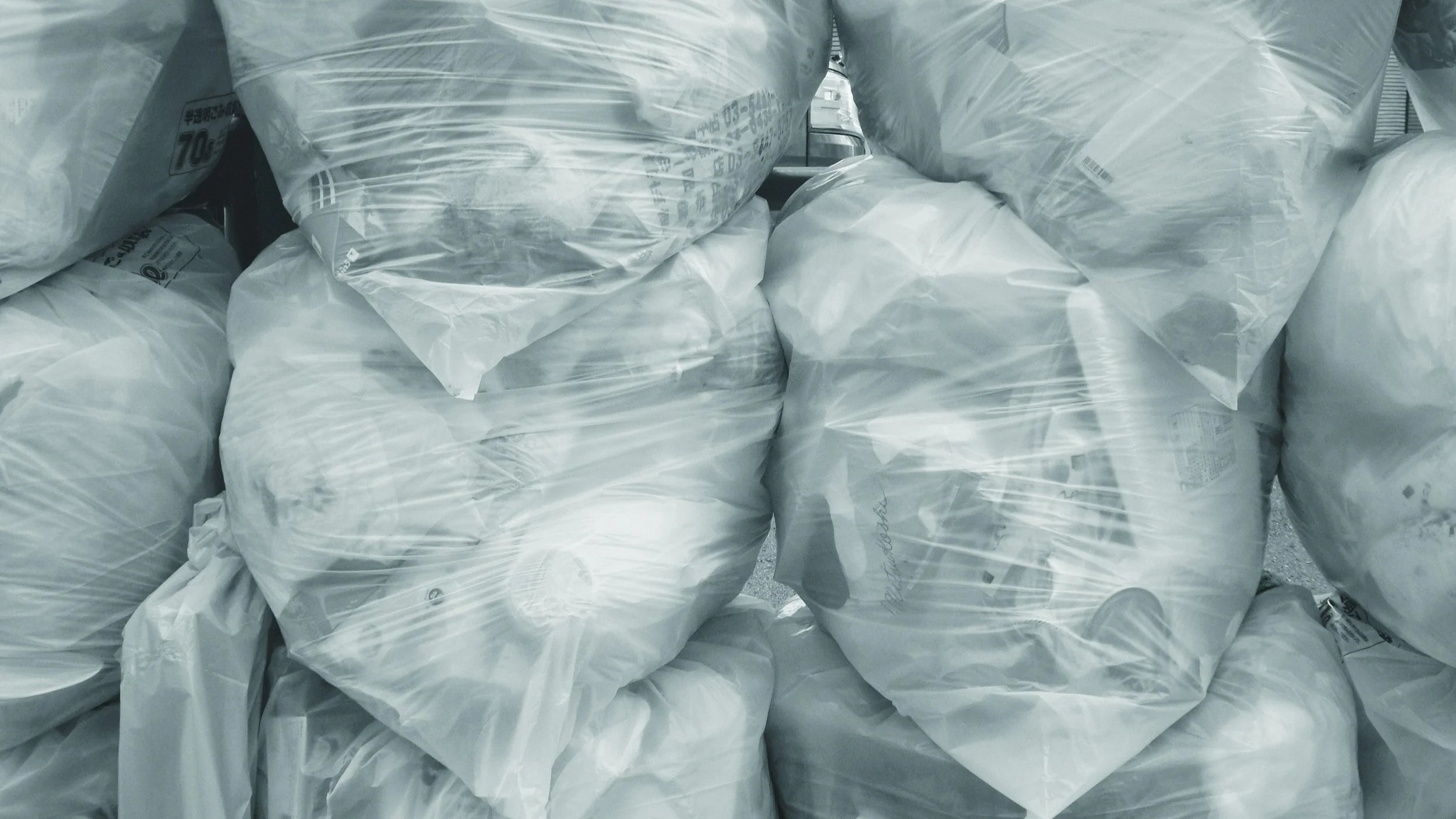The Growing Problem with Plastics
A report released this week by the United States Department of Energy found that only 5-6 percent of plastic waste is being recycled, compared to 8.6 percent in 2018. There has been rising concern surrounding the ability of plastics to be recycled as microplastic pollution continues to be found all over the world and even now in human blood. While the long-term effects of this kind of pollution is not yet known, it is clear that the heavy reliance on single-use plastic is unmanageable and that greater efforts are needed in the United States to increase plastic recycling.
An Overwhelming Crisis
Between 2000 and 2019, plastic use doubled and now accounts for 3.4% of global greenhouse emissions. This crisis has largely been driven by the fossil fuel industry, with companies recently investing $208 billion to expand plastic production worldwide and production expected to increase by 30% over the next 5 years. Although bans on single-use plastic are becoming more popular, experts say the government needs to go further in order to effectively combat the crisis.
Legislative efforts are being taken to limit the impact caused by the industry, with the California Attorney General announcing an investigation earlier this year to look into the role of fossil fuel companies in the plastic pollution crisis and allegations that these industries campaigned to minimize the public’s understanding of the consequences of these products.
In addition, the United Nations adopted a resolution this past March to form a legally binding treaty to end plastic pollution. This agreement will hopefully lead to plastics being phased out worldwide in favor of materials better suited to recycling.
Not Recyclable?
While the overproduction of new plastic is a massive issue, dealing with the plastic that is already in circulation presents a different challenge, especially in the United States. While the United States used to export plastic waste to countries with greater recycling capacities, China’s 2017 ban on most US plastic imports has led to greater amounts of plastic being thrown away as there is simply nowhere to recycle it.
In an effort to combat this issue, the Department of Energy has granted 13.4 million to seven projects focused on developing novel recycling processes and technologies that will help reduce plastic waste, carbon emissions, and energy consumption. These kinds of projects will not only help limit the breakdown of plastics into the environment, but will also help with waste management development worldwide.
Global coordination will be necessary in order to limit the production of new plastics and to ensure that cleanup efforts are carried out equitably. Consumers can try to limit the amount of plastic they purchase, and look for products that are recyclable. Despite the plastic problem continuing to grow, efforts to increase recycling capacity and limit the amount of plastic produced are well underway, and a plastic free future could be a possibility.
Learn about our affordable carbon footprint solutions for small and medium-sized businesses
Book a free strategy session to discuss your climate goals with a sustainability manager.
About RyeStrategy
Based in Seattle, RyeStrategy is a CDP-accredited, mission-oriented company specialized in carbon accounting, mitigation coaching, and climate disclosure solutions for organizations at any point in their sustainability journey. Learn how RyeStrategy helped Salesforce, Ideascale, and Wazoku achieve their sustainability goals.
From exhaustive carbon footprinting and mitigation coaching, to setting science-based targets and reporting climate data to CDP, SBTi or custom reporting platforms, RyeStrategy acts as a hands-on extension of the team, custom-tailoring services to fulfill climate disclosure requirements easily and accurately.
Meet with a sustainability specialist to learn more about RyeStrategy solutions.

